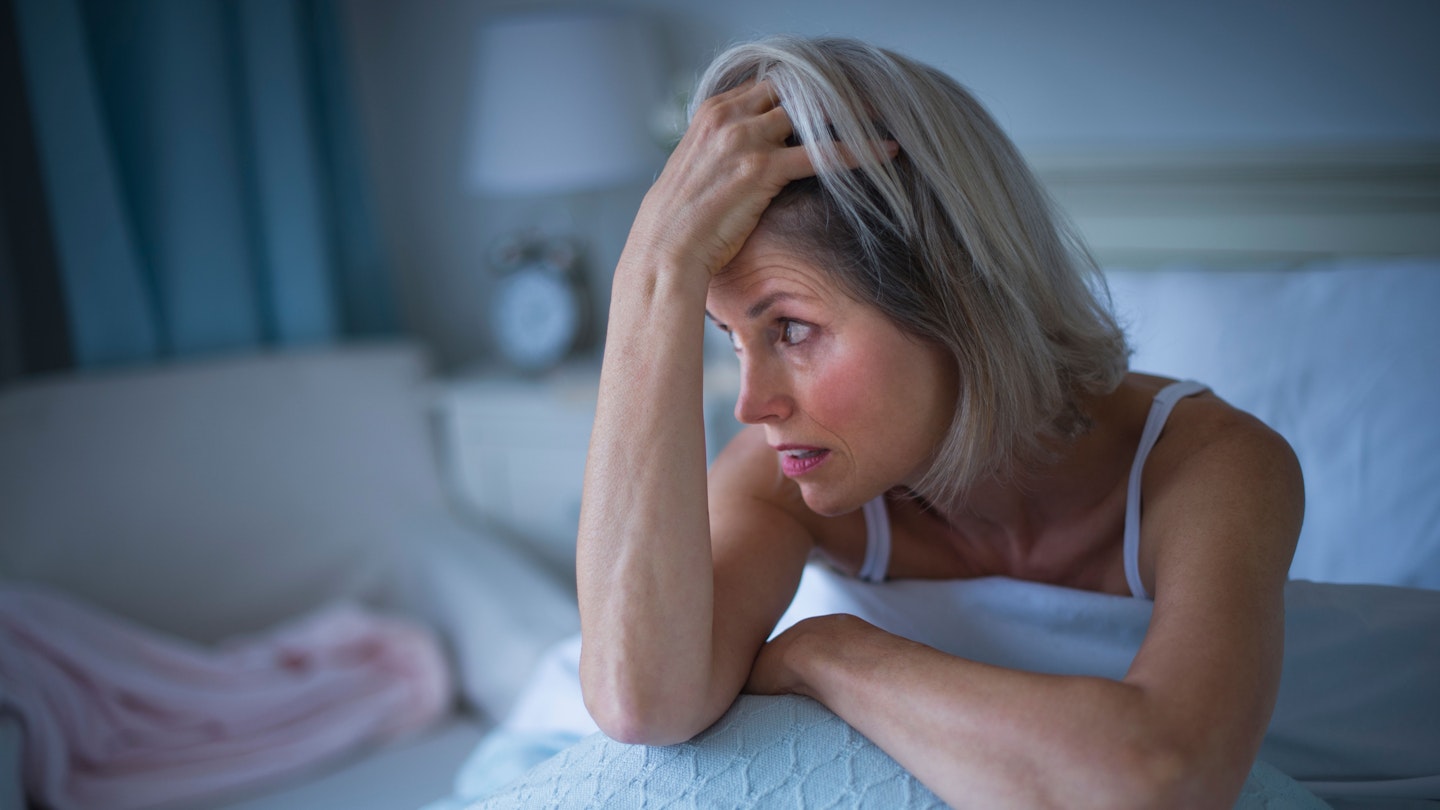What is insomnia?
Insomnia is a sleep disorder, which makes it difficult for sufferers to fall asleep, or to stay asleep for as long as they desire.
Who does insomnia affect?
According to the NHS, insomnia is a very common problem, affecting around one in every three people in the UK.
It is particularly common in elderly people.
What are the main symptoms of insomnia?
The most obvious symptom is finding it difficult to fall asleep at night, but there are other insomnia symptoms which you may not be aware of.
These include:
Other symptoms include:
How much sleep will someone with insomnia usually get?
It varies depending on the person. However, according to medical experts, someone with insomnia will often take 30 minutes or more to fall asleep and may get only six or fewer hours of sleep for three or more nights a week over a month or more.
How much sleep should I get per night?
There is no ‘normal’ when it comes to sleep; everyone is different, and it really depends on how refreshed you feel.
However, as a rough guideline, adults are usually expected to feel refreshed after around seven to nine hours a night.
REMEMBER: Children and babies may sleep for much longer than this, and older adults may sleep for less.
Try the NHS’s sleep self-assessment calculator to see if you are getting enough sleep.
What causes insomnia?
There are many triggers for insomnia, as everyone is different.
However common causes of insomnia include:
weight loss products (many contain caffeine)
too much caffeine (found in tea, coffee, and energy drinks)
These are just some of the causes of insomnia - and sometimes it's not possible to identify a clear cause.
What are the main health risks of insomnia?
Sleep is just as important for your wellbeing as a healthy diet and regular exercise - and losing sleep can affect you both physically and mentally.
According to the NHS: “Regular poor sleep puts you at risk of serious medical conditions, including obesity, heart disease and diabetes – and it shortens your life expectancy.”
A lack of sleep can also wreak havoc with your sex life, as it lowers your libido.
Other risks of insomnia include:
What self-help tips are there for dealing with insomnia?
There are small changes you can make to your day-to-day life which may help with your insomnia struggle.
These include:
You should also evaluate your bedroom to ensure that it is:
If there is a great deal of noise coming from inside or outside your home, try using a sound machine or fan to block it with white noise, or use ear plugs.
Blackout blinds can help stop the glare of streetlights and morning light, or, failing that, try using an eye mask.
When should I see my GP about my insomnia?
If you have tried the above tips and have found them to make no difference, then it is time to make an appointment with your GP.
Your doctor will ask you many questions in a bid to get to the bottom of your insomnia, including questions about your day, about your lifestyle, about your bedtime regime, and about your insomnia.
They may also ask you about other issues which could be affecting your sleep, including whether you smoke, drink, use recreational drugs, travel for work, use any medications regularly, or have experienced any stressful events.
What treatments will my GP prescribe for my insomnia?
Your GP may suggest self-help techniques that you can try at home, or recommend a special type of cognitive behavioural therapy (CBT).
Prescription sleeping tablets will only be considered as a last resort, and, if so, only for a short period of time.
Read more about treating insomnia on the NHS’s website now.
